Société Olympique (and its concert)
PAYEUR Camille
Cette notice sur la Société Olympique, dont le concert fut en activité à Paris de 1786 à 1789, a pour objectif de présenter la particularité de cette institution musicale parisienne entièrement financée par une organisation maçonnique.
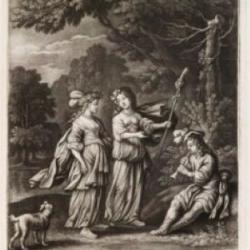
Literary Academies
RENUCCI Léa
Early modern literary academies were spaces of in-person and epistolary interaction and intellectual sociability. From the highly institutionalised royal academies to the academies salonnières of Italy, they incarnated the practices of the educated, intellectual classes in Europe.
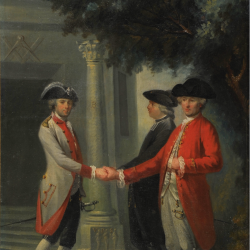
Masonic brotherhood
BEAUREPAIRE Pierre-Yves
Au XVIIIe siècle, la Franc-maçonnerie se définit comme ‘la’ Fraternité, et ses membres comme frères. Sans attendre Baudelaire et le ‘droit naturel de choisir ses frères’, la Franc-maçonnerie revendique la possibilité de faire des ‘amis choisis’ (beaucoup de loges prennent d’ailleurs ce nom) des frères et de cultiver des liens d’amour fraternel qui permettent de transcender les différences et de ‘réunir ce qui est épars’.
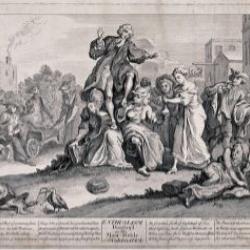
Methodism
LABRUNE Pierre
One of the main events in religious history in Britain and colonial America in the eighteenth century was the development of Methodism. That evangelical revival brought about new conceptions of religious sociability and started controversies on the place of individual and collective discipline within the Established Churches in Britain.
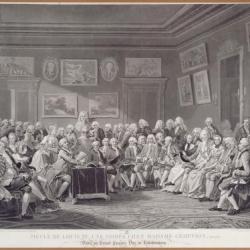
Salons
EDMONDSON Chloe
The salon is one of the most recognizable practices of sociability of the French Enlightenment. While scholars continue to debate the relationship of the salons to the Enlightenment, the salons were nevertheless a defining feature of social life in the Ancien Régime, with hundreds of salons taking place throughout Paris. These weekly gatherings featured a mixed-gendered group of aristocrats, artists, and men of letters.
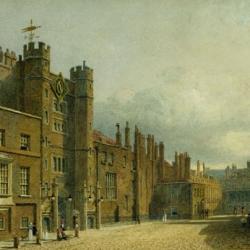
Scriblerus Club
DOMSCH Sebastian
The Scriblerus Club lasted only for less than a year, starting in the spring of 1714, and ending in November of that same year, but the ‘Scriblerian spirit’ that was developed in these few meetings never left their participants. The club consisted of Jonathan Swift, Alexander Pope, John Arbuthnot, John Gay, and Thomas Parnell, as well as Robert Harley, then the secretary of the treasurer. Working collaboratively, the group created the persona of Martinus Scriblerus, through whose writings they wanted to accomplish their satirical aims.